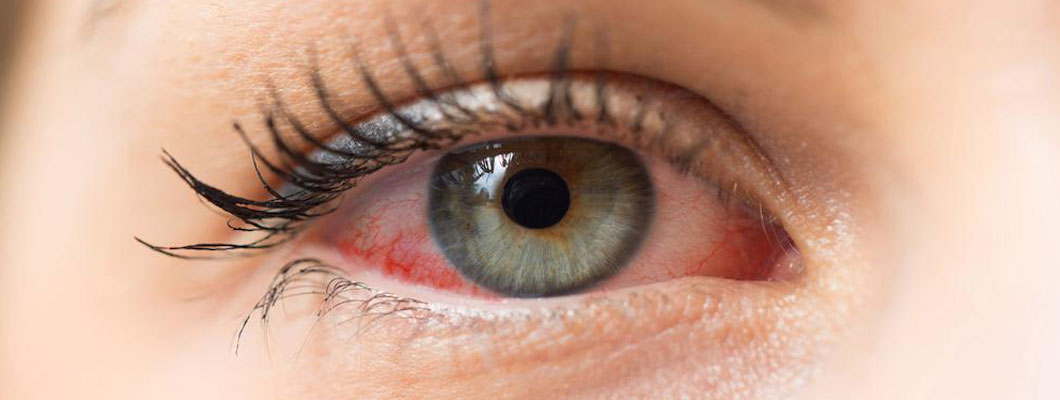
Dry eyes are almost always a serious problem because burning, itchy, sensitive eyes affect every aspect of your daily life. But dry eyes can become a truly serious condition that ultimately causes vision loss, which is why you should call us at Smart Eye Care for prompt treatment, even if your symptoms seem mild.
What are dry eyes?
Dry eyes develop when there’s a problem with your natural tears. You may not produce enough tears or they may evaporate too quickly. Dry eyes also occur when your tears don’t contain the right amount of each essential component.
Tears are more than just water; they contain mucus, fatty oils, and numerous proteins and other beneficial substances. Your tears are made up of three layers, which are collectively known as the tear film.
Outer lipid layer
This layer consists of oily lipids that are produced by glands in your eyelids called meibomian glands. Their job is to stabilize the tear film, prevent tears from evaporating too quickly, and lubricate the inside surface of your eye lids.
Middle watery layer
As the watery portion, this layer makes up about 95% of your tears. It’s produced by the lacrimal glands, contains nutrients and beneficial substances, and is responsible for moistening your eyes.
Inner mucus layer
The primary component in this layer, mucin, helps distribute tears evenly and keeps tears stable.
Why are tears so important for healthy eyes?
Every time you blink, tears flow across the cornea, the clear, dome-shaped structure covering your eye. After you blink, the tear film starts to thin, but it should maintain a moisturizing cover over your eyes until the next time you blink, when a thicker tear film is reestablished.
Tears are important for healthy eyes because they:
- Lubricate the cornea to prevent dryness
- Deliver oxygen and nutrients that nourish your eyes
- Enable proper vision by helping focus light
- Prevent infection with an antibacterial enzyme
- Protect your eyes by removing dirt and irritants
- Promote healing in a damaged eye
What causes dry eyes?
Many different factors contribute to dry eye, from environmental issues to underlying health problems. This list includes a few of the possible causes:
- Meibomian gland dysfunction: Leads to lack of oil in your tears
- Medications: Many medications, including antihistamines and decongestants
- Age: Dry eye is more common after the age of 50 years
- Inflammatory disorders: Rosacea and blepharitis (inflamed eyelids) affect meibomian glands
- Autoimmune disorders: Rheumatoid arthritis, diabetes, thyroid disorders, and lupus
- Hormonal changes: Low estrogen, especially after menopause, affect meibomian gland function
- Environmental irritants: Wind, pollen, dry air, and smoke
- Blinking less often: Excessive screen time, reading, watching television, and driving
What long-term complications develop from dry eyes?
It only takes a mild case of dry eyes to cause irritating symptoms such as burning, a scratchy sensation, and sensitivity to light. Long-term problems, however, seldom develop when mild to moderate dry eyes are properly treated.
If you have a severe case of dry eyes or you don’t seek treatment, you’re at risk for serious complications. One of the first problems may be blurry vision as loss of the tear film hampers the cornea’s ability to focus light on the lens.
The overall health of your eyes is at risk when insufficient tears fail to provide the oxygen and nutrients needed to stay healthy. Without enough oxygen, your cornea can become infected or develop abnormal blood vessels that interfere with vision.
An infection can easily occur when the surfaces of your eyes stay dry. Over time, scarring and thinning of the cornea may occur. It’s even possible for the cornea to tear. Any of these conditions can lead to permanent damage and vision loss.

Leave a Comment